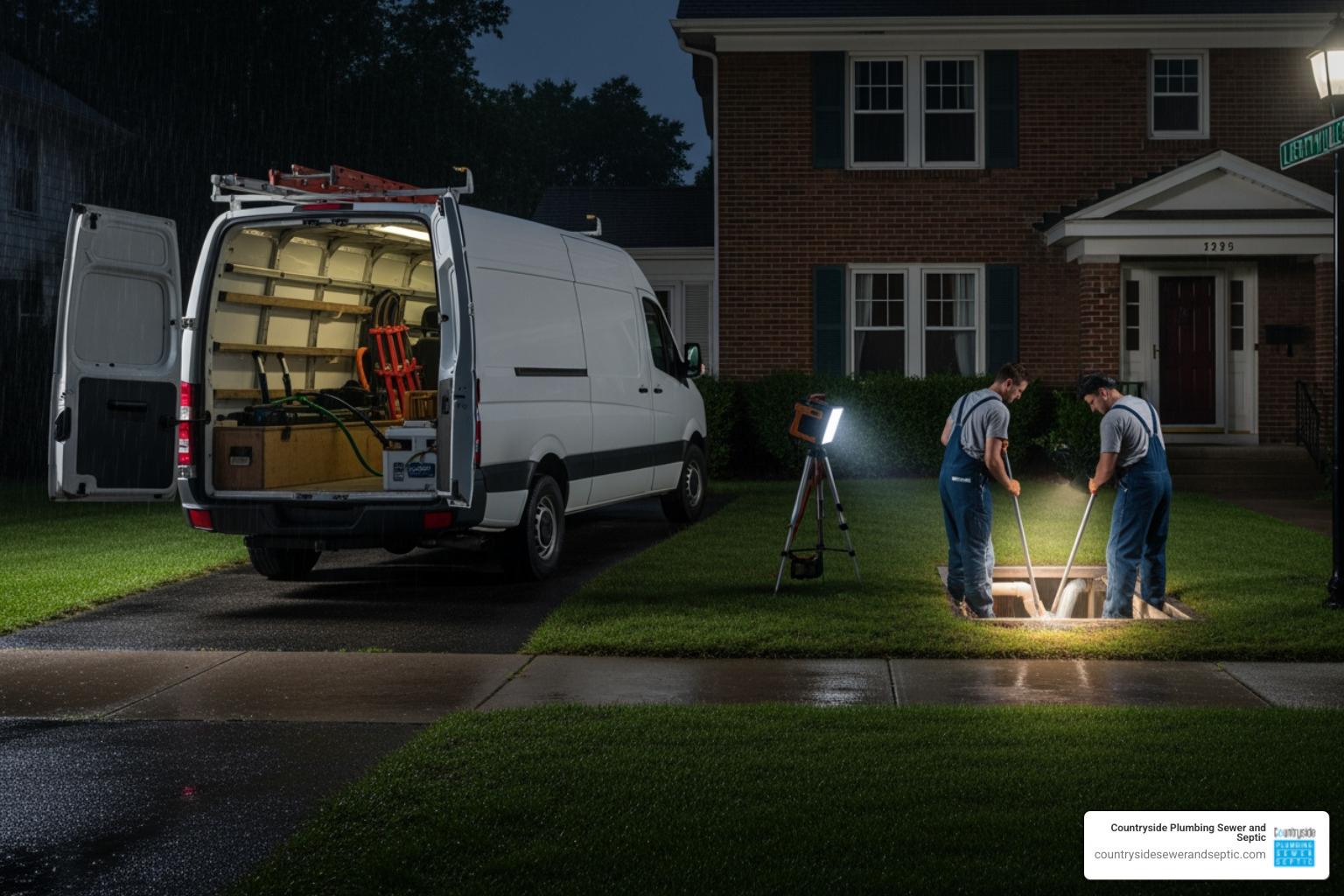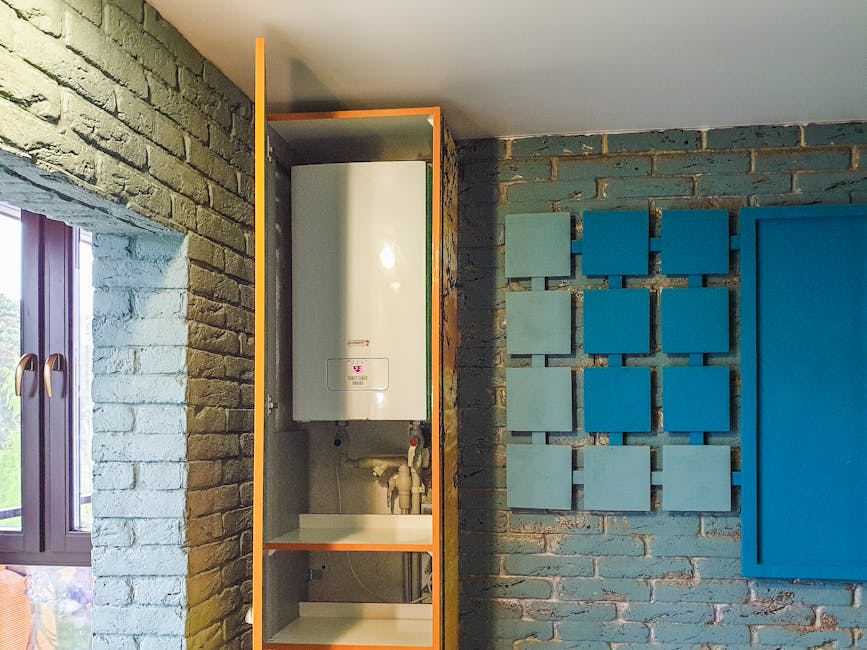When it comes to dealing with water-related issues in your home, it can sometimes be difficult to determine whether you need to call a plumber or a septic professional. Both professions handle different aspects of your water system, and while they may overlap in certain areas, each has specific expertise. Understanding the signs and knowing who to call can save you time, money, and frustration.
Understanding the Roles of Plumbers and Septic Professionals
- Plumbers deal with the pipes, fixtures, and water systems inside your home. Their expertise includes installing, repairing, and maintaining everything from sinks and toilets to water heaters and sewer lines. If you’re experiencing issues with water pressure, leaky pipes, clogged drains, or malfunctioning faucets, a plumber is the professional to call.
- Septic professionals specialize in the septic system, which is a separate structure from the plumbing system that handles wastewater treatment for homes not connected to a municipal sewer system. A septic tank is typically buried underground and requires specialized care and maintenance to function properly. Septic experts focus on pumping, inspecting, and repairing septic tanks and their components, as well as resolving issues with the drain field or leach field.
Knowing the difference is important, as each type of issue requires a specific approach.
When to Call a Plumber
You should contact a plumber for any issues related to your home’s internal plumbing system. Some common scenarios include:
- Clogged Drains: If water is backing up in your sink, bathtub, or shower, it’s likely due to a clog somewhere in the pipes. Plumbers have tools like drain snakes and hydro-jetting systems to clear blockages and restore normal flow.
- Low Water Pressure: When your faucets or showerheads are producing weak water flow, a plumber can help diagnose whether the issue is related to corroded pipes, a faulty pressure regulator, or a hidden leak.
- Leaky Pipes or Faucets: Leaks are a common plumbing problem, whether from aging pipes, worn-out seals, or loose connections. A plumber can identify the source of the leak and repair or replace the faulty parts.
- Water Heater Problems: If your hot water runs out quickly, takes too long to heat, or is discolored, a plumber can troubleshoot and repair or replace your water heater. In some cases, a flush or maintenance check may resolve the issue.
- Toilet Malfunctions: If your toilet is continuously running, not flushing properly, or overflowing, a plumber can fix the internal components, clear blockages, or replace the unit if necessary.
When to Call a Septic Professional
Septic issues, on the other hand, are related to the waste management system located outside your home. Here are common signs that you need a septic professional:
- Slow Drains or Sewage Backup: If all the drains in your home are slow or you’re noticing sewage backing up into your home, it may indicate a septic system problem. A full or malfunctioning septic tank can cause waste to flow back into your plumbing, requiring immediate attention from a septic expert.
- Standing Water or Bad Smells in the Yard: Pooling water or foul odors in the area above or around your septic tank or drain field suggests that the system may be failing. This could be due to a clogged drain field, an overfilled septic tank, or a leak in the system.
- Gurgling Sounds in Drains: If your sinks or toilets make gurgling noises when draining, it may mean that the septic system is blocked, and air is being forced through the plumbing pipes.
- Regular Septic Tank Maintenance: Even if your system isn’t showing signs of failure, regular septic tank maintenance is crucial. Tanks need to be pumped every 3 to 5 years to prevent overflow and ensure proper function. If it’s been several years since your last pump, it’s time to call a septic professional for routine service.
Overlapping Issues: Who to Call First?
Sometimes, the symptoms of a problem can make it difficult to determine if it’s a plumbing or septic issue. For example:
- Slow drains throughout the house could either be caused by a clog in the main sewer line (which a plumber can address) or a full septic tank (which would require a septic professional).
- Sewage smells inside your home might suggest a plumbing issue, but they could also indicate septic tank failure.
In cases like these, it’s often best to call a plumber first. Plumbers can determine whether the issue is internal and, if necessary, refer you to a septic professional if the problem lies with the septic system.
Conclusion
Knowing whether to call a plumber or a septic professional comes down to understanding the specific nature of the issue. Plumbing problems generally occur inside your home and affect water flow, drainage, or fixtures. Septic issues are typically external, involving wastewater treatment and system maintenance. If you’re unsure, start by calling a plumber who can assess whether the problem lies within the plumbing system or if it requires septic expertise. By calling the right professional, you can ensure a faster resolution and avoid potential damage to your home.
Contact Countryside Sewer and Septic today for your septic and plumbing needs.
Flexible Financing Options
Get the service you need now pay over time with easy, affordable financing plans.

Blogs


Libertyville's Lifesavers: Your Go-To Guide for Emergency Plumbing


